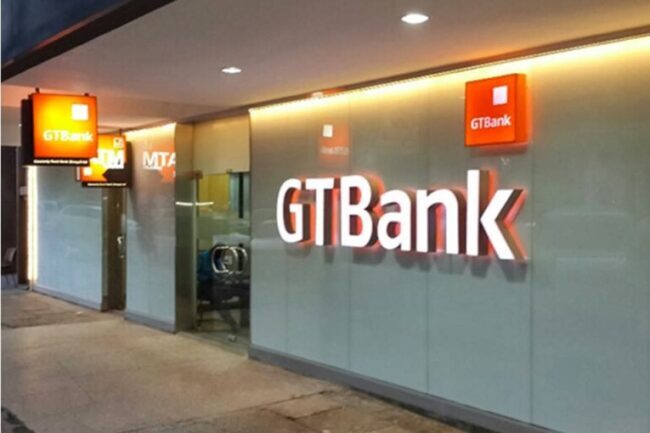Hadi Sirika, minister of aviation, says the federal government is ready to implement satellite-based augmentation system (SBAS) to enhance safety at all phases of flight.
Sirika spoke at the SBAS flight demonstration and outreach programme in Abuja on Thursday.
He said the implementation of the system would enhance accuracy, integrity, reliability, availability, and continuity of air navigation service in continental, remote continental, and oceanic airspaces.
“The programme could not have come at a better time than now when the aviation industry is desperately seeking safe, efficient, and cost-effective ways of recovering from the effects of the COVID-19 pandemic,” the minister said.
Advertisement
“Therefore, to support the aviation industry to attain full recovery and resilience, strategic measures must be implemented to enhance safety, efficiency, capacity, cost-effectiveness, interoperability, seamlessness, access and equity, as well as environmental sustainability.
“In the course of this workshop, you will be enlightened on how the above strategic objectives can be achieved with SBAS implementation at all phases of flight.”
On the implementation of the SBAS, the minister said it was a necessity for Nigeria and the African region at large despite the high cost of installing, maintaining, and calibrating ground navigational facilities at less busy airports.
Advertisement
According to Sirika, the African Union Agenda 2063 identified regional connectivity as the catalyst for the growth, expansion, and development of the African region.
He added that the African Union Commission (AUC) recommended the implementation of the single african air transport market (SAATM) to facilitate the attainment of the Yamoussoukro declaration.
“The successful implementation of the SAATM is predicated on the implementation of the single African sky that will require the application of SBAS for a seamless airspace within the African region,” Sirika explained.
“Therefore, the planned demonstration flight and the brainstorming sessions that will take place during this event, will no doubt give further assurances on the expected benefits of SBAS to Africa and the rest of the world.”
Advertisement
SBAS TO ENGENDER REDUCTION IN FLIGHT DELAYS, FLIGHT WORKLOAD
Speaking more on the advantages of SBAS Pwajok Lawrence, assistant managing director, Nigerian Airspace Management Agency (NAMA), said the objective of the SBAS flight demonstration and outreach workshop was to provide a forum for collaboration.
Lawrence also highlighted the benefits the nation would derive from the implementation of the system in the aviation sector.
“Expected benefits of SBAS implementation include: enhancement of airspace capacity and utilisation, increased accessibility into remote airspace or aerodromes, higher level of accuracy, integrity, reliability, availability, and continuity,” Lawrence said.
Advertisement
“Reduction of operational and maintenance cost for air navigation service providers, enhancement of ATM capacity, reduction in flight delays and flight times, reduction in fuel consumption and CO2 emissions.
“Also, reduction of pilot and air traffic control workload, enhancement of safety and efficiency of flight operations, implementation of continuous climb and continuous descent operations, support of low flying helicopters in the coastal areas.”
Advertisement
He added that the SBAS will support air traffic flow management (ATFM), enhancing search and rescue, and reducing controlled flight into terrain (CFIT) risk/accident.
According to Lawrence, the implementation of SBAS will reduce diversions, and cancellations due to weather conditions, reduce flight crew workload by eliminating RAIM prediction requirements, and provide airlines with optimum flight trajectories.
Advertisement
Add a comment






